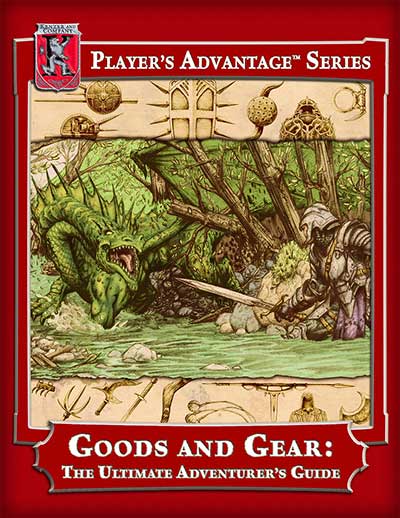R_J_K75
Legend
No its not impossible. I've woken up, picked up the phone, called a few people, grabbed my bookbag and was running a game with zero prep in an hour or two. It's definitely not something everyone can do but it is possible and sometimes resulted in better games than ones I prepped heavily for. Granted my ability to read and retain information was a lot better back then so I had a lot of rules and lore knowledge to draw from. So sure, the time I spent reading, playing and putting together resources to use I suppose was prep; but we had no idea what the adventure was going to be until we sat down and played. Back in those days we could make characters in under 5 minutes, and all the players had been playing in the same campaign together for quite a while, so it was pretty easy to pick up where we left off and play on the fly.I'd go so far to say that it's impossible to do zero prep.



